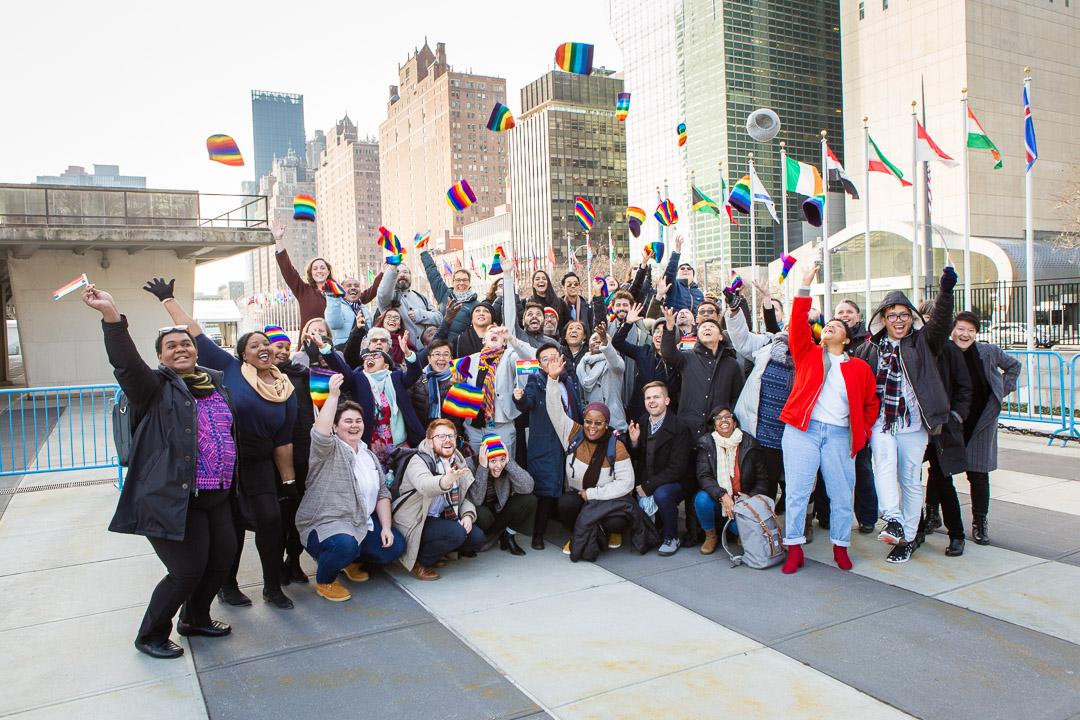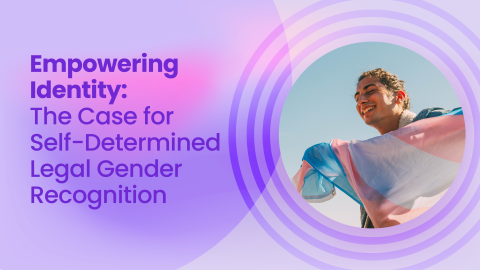
Report
Empowering Identity: The Case for Self-Determined Legal Gender Recognition
Region(s)
TOPIC(s)
Author(s)
Publish Date
November 21, 2024
Share
Legal gender recognition–the right to change the gender marker on a person’s official documents in order to match their gender identity–plays a crucial role in moving trans individuals from marginalized situations to environments where they can access stable employment, housing, healthcare, and equitable social integration. This shift fosters full participation and integration within society.
Implementing legal gender recognition aligns with the United Nations’ Agenda 2030, a global action plan for sustainable development that pledges to leave no one behind. The agenda’s 17 Sustainable Development Goals, which address issues like poverty eradication, gender equality, and inclusive cities, highlight the necessity of recognizing trans people's gender identities as integral to achieving these objectives.
At the heart of self-determined gender recognition is the principle of autonomy, asserting that individuals should define their own identities without bureaucratic constraints. Current mandates requiring gender markers on documents disregard the diverse and personal nature of gender identity, undermining individuals' autonomy and the broader goal of sustainable development. Progress in legal gender recognition is thus essential for advancing equality and enabling inclusive and prosperous societies.
Outright’s new report, “Empowering Identity: The Case for Self-Determined Legal Gender Recognition,” shares best practices from the 20 countries that have established rights-based legal gender recognition, gives voice to trans people who have benefited from legal gender recognition, and provides a blueprint to other countries that are considering moving toward a system of self-determination.

Explore News and Commentaries
We share news, cultural media and advocacy of partners, activists and experts through the lens of LGBTIQ people working on international human rights.
Read Our Insights